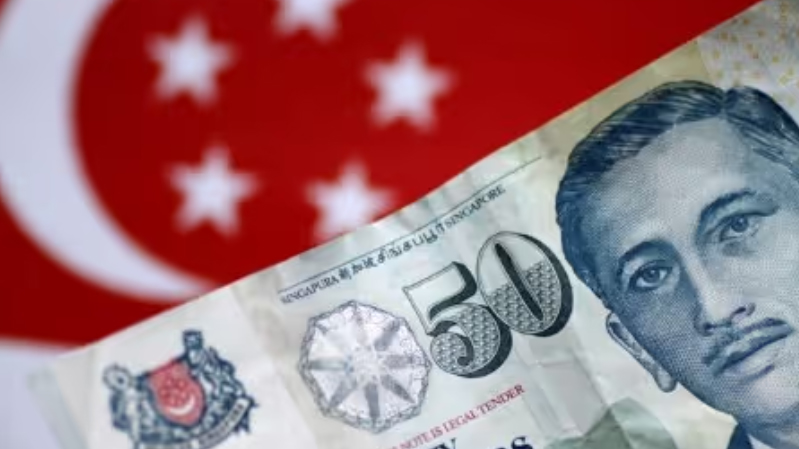Emerging Asian market stocks traded in a narrow range on Tuesday, as investors remained focussed on regional governments’ trade negotiations with the US, while Singapore’s shares pulled back marginally to end an 11-session rally.
Regional currencies were also range-bound against the dollar as focus sharpened on the August 1 deadline for Southeast Asian economies to secure trade deals or face steep new US tariffs.
“We are in a backdrop of a fragile global environment where events ranging from Japanese upper house elections to US President Donald Trump’s tariff threats continue to create much uncertainty and cloud the outlook for markets,” said Maybank analysts.
The MSCI index of global emerging market currencies traded sideways, and has fallen about 1 percent since touching a record high on July 3.
The South Korean won and Thai baht edged lower, while the Malaysian ringgit posted modest gains.
Japan’s Nikkei gained, while the yen marginally dipped after Japanese elections proved bad for the government but not worse than already priced in.
In Singapore, stocks slipped from an all-time high after hitting fresh peaks for 14 straight sessions. That broke an 11-session rally during which the index jumped nearly 5 percent.
Investor attention shifts to the Monetary Authority of Singapore’s (MAS) policy meeting later this month. Analysts are split on which way the central bank will tweak its policy settings after easing in two previous meetings this year.
Goldman Sachs economists now expect the MAS to ease the slope of its nominal effective exchange rate (NEER), from their previous view of no change to the setting, citing downside risks to growth.





